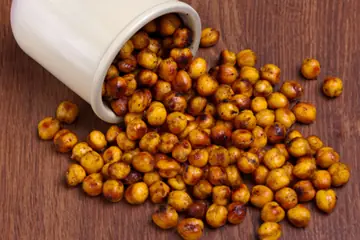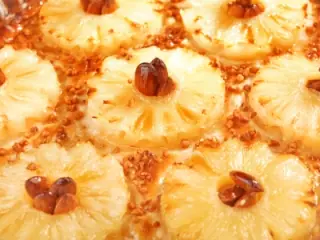
Long summer days and fishing go hand in hand. Whether you're an experienced angler or just love the outdoors, it's important you know how to clean a fish. If you're cooking for friends, family, your significant other, or just yourself, you want to be sure it's safe to eat.
More: Fishing Tips for Beginners
Whether you serve your fish grilled, baked, or fried, keep reading for important tips on how to clean a fish before you cook it.
- Throw your fish on ice as soon as you reel it in and unhook it. Keep it iced in a cooler until you're ready to clean, gut or fillet it.
- It's best to keep the fish cleaning out of your kitchen. Use a cleaning station at the campground or public land where you're fishing. Otherwise, set one up for yourself. Be sure that it's standing height, like your kitchen counter tops.
- Use a very sharp knife, big enough to go across the entire width of the fish.
- Scale your fish. Use a fish scaler or a dull knife; even the blade in a Swiss Army knife will work. Go against the grain of the scales and scrape them all off. Be careful around the fins because they can be sharp.
Note: Some fish secrete a slimy liquid to help them move through the water, which is why they feel slippery. Wipe the fish off with a towel or wash it off with water to make the cleaning process easier.
3 Classic Preparations
Each preparation requires a different method, so whether you like your fish with the head on, filleted or both, read on to see how you do it.
More: Prepare for Your Fishing Trip
With the Head On
1. After you've scaled your fish, make a cut underneath the chin right down to the vent. This is located on the belly in front of the ventral fin.
2. Open the fish up and scrape out the guts, all the way up from the tail to the gills. Going in the direction from the tail up will be easier.
3. Cut the gills out.
4. Wash the remnants off the fish.
5. Dry the fish by blotting it with a towel and refrigerate it immediately. Be sure to bring sealable bags for the fish and keep it on ice until you're ready to cook.
- 1
- of
- 2
About the Author








Discuss This Article